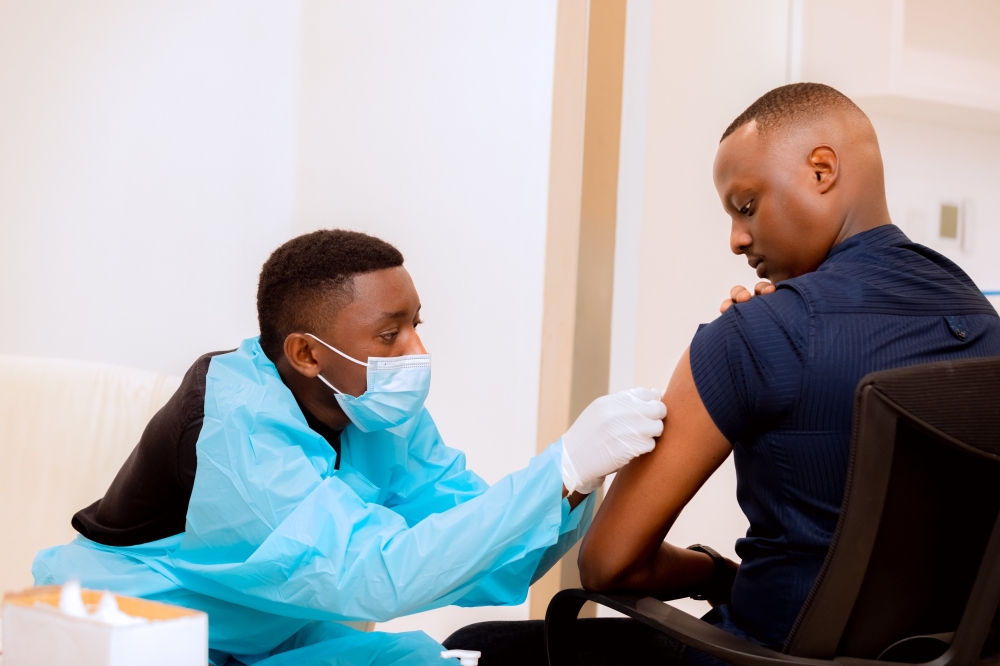

In late September 2024, the World Health Organization declared a Marbug Virus Disease outbreak in my home country of Rwanda. This deadly virus entered through the biggest government hospitals, including my former working place King Faisal Hospital (KFH), and it has cost great devastation among frontline workers. I have lost 10 workmates so far.
This on-going crisis follows other deadly pandemics, such as Ebola in 2014-2016 and 2018-2020, COVID-19, and Clade I Mpox outbreak. These have resulted in deaths ranging from 1000 (Mpox) to 11,325 (Ebola) to around 14.9 million (in the first two years of the COVID-19 pandemic alone).
During these crises, health centers, hospitals and clinics are often turned into isolated and treatment centers for only one disease, and this heavily impacts the delivery of service to people affected by other health issues. The outbreaks increase the rate of mental health issues and turnover among healthcare staff, in addition to some deaths among essential health workforces.
As a midwife and a Global Health Specialist who is actively involved in frontline services, the unpredictable outbreaks continue to challenge our effort and commitment to deliver the quality of care to the mothers and their newborns. The kind of crises have considerably increased the negative impact of pre-existing issue of staff shortage and limited essential commodities in my field of midwifery practices.
The same burden is found in all corners of health disciple including critical and intensive services, cancer care, neglected tropical diseases; tuberculosis (TB), human immunodeficiency virus (HIV), hepatitis and malaria; sexual, reproductive, child, and adolescent health; and nutrition. The reality is, during an outbreak, many deaths are not directly caused by a trending disease but boosted poor quality of care.
In August, the WHO issued a call for action to its partner agents and to the entire world, saying that these outbreaks have over-worried the Public Health Emergency of International Concern (PHEIC). The WHO statement emphasized that excess mortality linked directly and indirectly to outbreaks such as Ebola, COVID-19, Clade I Mpox, and MVD outbreak are mainly attributable to social determinates and systemic health conditions for which people are unable to access to effective prevention and treatment requirements and services as resulted from overburdened health systems in affected countries.
The 3rd round of WHO’s Global Pulse Survey in 129 countries on the continuity of essential health services during the COVID-19 pandemic reported similar concerns of health systems overwhelmed vis-à-vis to the current intensified series of outbreaks. The same report calls for urgent global action to ensure the fragile health systems, especially in West and Sub-Saharan Africa regions, can stand resilient and capable to deliver essential health services during the crisis.
Indeed, it is urgent to comprehensively establish effective pandemic and epidemic outbreaks surveillance and response systems in Africa and other fragile settings. This is how to ensure more people can access essential health services during future outbreak crises:


